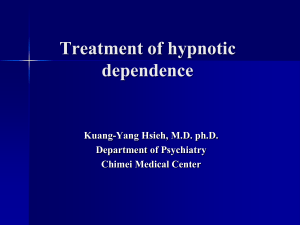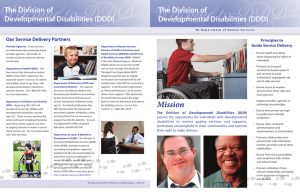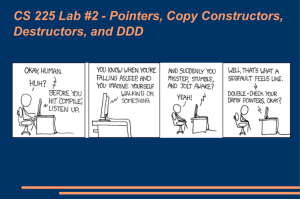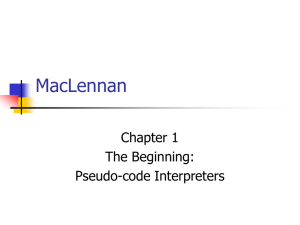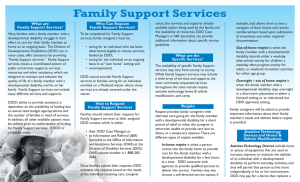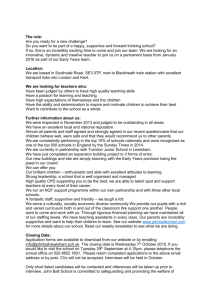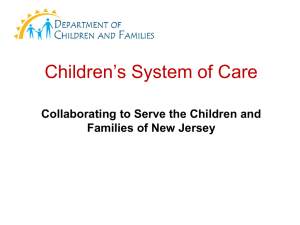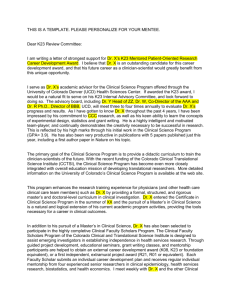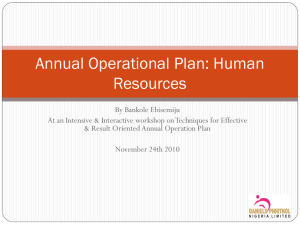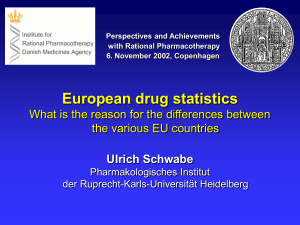December 5, 2013 - Family Support Coalition of New Jersey
advertisement
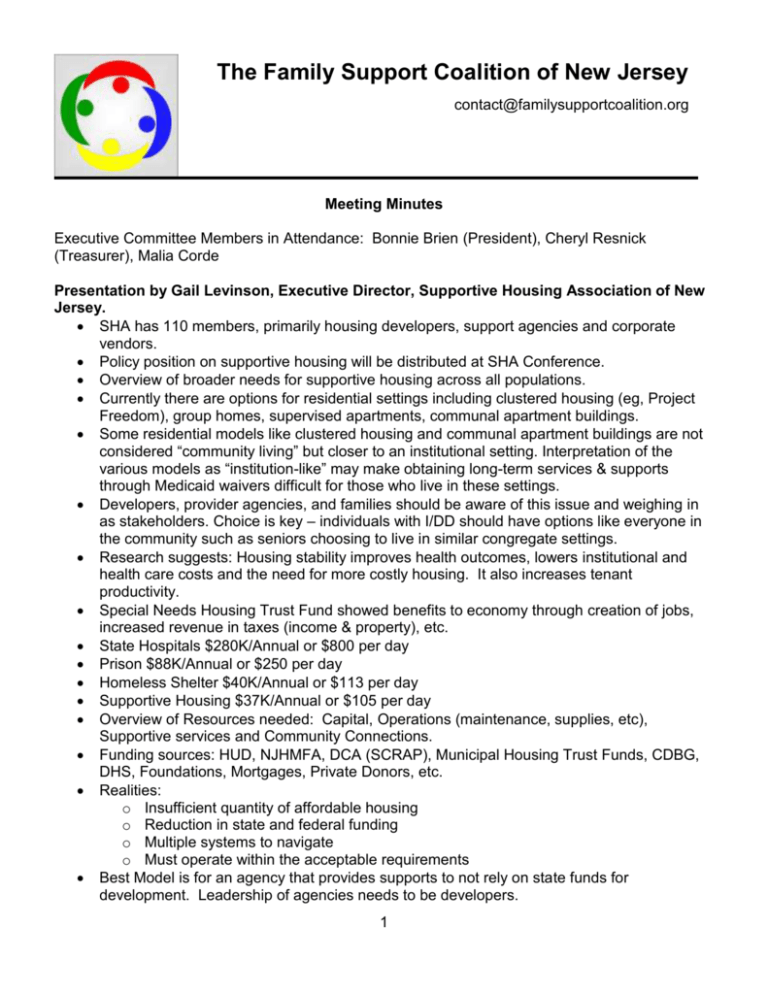
The Family Support Coalition of New Jersey contact@familysupportcoalition.org Meeting Minutes Executive Committee Members in Attendance: Bonnie Brien (President), Cheryl Resnick (Treasurer), Malia Corde Presentation by Gail Levinson, Executive Director, Supportive Housing Association of New Jersey. SHA has 110 members, primarily housing developers, support agencies and corporate vendors. Policy position on supportive housing will be distributed at SHA Conference. Overview of broader needs for supportive housing across all populations. Currently there are options for residential settings including clustered housing (eg, Project Freedom), group homes, supervised apartments, communal apartment buildings. Some residential models like clustered housing and communal apartment buildings are not considered “community living” but closer to an institutional setting. Interpretation of the various models as “institution-like” may make obtaining long-term services & supports through Medicaid waivers difficult for those who live in these settings. Developers, provider agencies, and families should be aware of this issue and weighing in as stakeholders. Choice is key – individuals with I/DD should have options like everyone in the community such as seniors choosing to live in similar congregate settings. Research suggests: Housing stability improves health outcomes, lowers institutional and health care costs and the need for more costly housing. It also increases tenant productivity. Special Needs Housing Trust Fund showed benefits to economy through creation of jobs, increased revenue in taxes (income & property), etc. State Hospitals $280K/Annual or $800 per day Prison $88K/Annual or $250 per day Homeless Shelter $40K/Annual or $113 per day Supportive Housing $37K/Annual or $105 per day Overview of Resources needed: Capital, Operations (maintenance, supplies, etc), Supportive services and Community Connections. Funding sources: HUD, NJHMFA, DCA (SCRAP), Municipal Housing Trust Funds, CDBG, DHS, Foundations, Mortgages, Private Donors, etc. Realities: o Insufficient quantity of affordable housing o Reduction in state and federal funding o Multiple systems to navigate o Must operate within the acceptable requirements Best Model is for an agency that provides supports to not rely on state funds for development. Leadership of agencies needs to be developers. 1 DDD does not “do housing”. Need to advocate to the Department of Community Affairs, can ask DHS/DDD to be an ambassador to DCA for our individuals and families Advocate by submitting testimony to the senate and assembly budget hearings; send copies to your local legislators and the governor’s office. Be sure to talk about the “real story” of your family and how lives are on hold for years due to the lack of housing and needed supports. Advocacy issues: o Increase federal funding o Increase state funding o Make financing of supportive housing more efficient and simple Presentation by David Cernikovsky, Psy.M., Doctoral Candidate, Clinical Psychology Graduate School of Applied and Professional Psychology, Rutgers University Residential Transition Research Project. A sibling of a sister with Down Syndrome conducting a study entitled “Parental Attitudes towards Involvement in the Lives of Adults with Intellectual and Developmental Disabilities Following Residential Transitions.” Goal to interview parents of adults with I/DD who have moved from their family's home within the past 10 years. This study has been ethically approved by the Rutgers IRB. Hopes study will help kick start more research that may lead towards guides and aides for parents going into their son or daughter's transition years. If interested in participating, can be contacted at dave.cern@gmail.com CMS Debriefing A copy of the CCW renewal through OPRA was requested by Dan Keating on behalf of ABCD and the FSC. A number of individuals have previously requested the renewal informally to DDD. All requests have been denied. The response from the OPRA request stated “Not yet approved by CMS, still a draft document.” DDD was informed of the CMS meeting. Suggested Strategies: Have lawyers talk to involved DRNJ lawyers (DDD & OPRA) Talk to policy level DDD Staff Bring together DDD, families and CMS Present at Budget hearing (anyone who wants to testify is encouraged) Crafted testimony should be prepared and submitted on behalf of FSC General Updates Update was given on DCF breakfast and the 9 families that attended. DCF, PerformCare, and FSO staff participated. Feedback from DCF and PerformCare staff as well as families who attended was positive; all felt it was a worthwhile event. It was suggested and recommended that this type of event be held yearly and should be expanded to hold a similar event with DDD. Website updates are underway. Meeting Dates for 2014 Lawrenceville Library (Change: Tuesday’s in 2014) March 11 2 June 10 September 9 December 2 Membership: Family Support Coalition Membership renewals and recruitment will begin early 2014. Membership for family members is free; for providers it’s $35. 3


